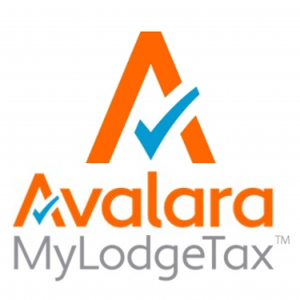Cape Coral, Fort Myers Beach debate short-term rental regulation
- Jan 26, 2018 | MyLodgeTax

Cape Coral and Fort Myers Beach are part of a growing number of cities in Florida and elsewhere struggling with the issue of short-term vacation rentals and how to regulate them.
In October, the Cape Coral City Council failed to pass a law that would require short-term and vacation rental operators to get a city business license, register their property, and designate a local contact that could be reached in emergencies. Short-term rental advocates protested the proposal at public hearings.
Current Cape Coral law forbids rentals shorter than seven days, but the rule is not enforced. Cape Coral has more than 3,100 vacation rentals, according to estimates by short-term rental tracking company Host Compliance. Analysis by the city shows that more than 2,000 of those are not legally registered with the state.
Meanwhile, in Fort Myers Beach, the Town Council is still working on a draft ordinance that would limit occupancy, clarify registration requirements, and create a complaint and enforcement procedure for violations.
The debate in Lee County centers on issues that are cropping up all over the country, including the rights of owners to use their properties as they see fit, the rights of residents to live in their neighborhoods undisturbed, and inequality in the requirements for commercial hotels versus vacation rentals.
In 2011, as Florida was recovering from the recession, the legislature passed a law that local communities could not regulate vacation rentals unless they already had such regulation in place. At the same time, many foreclosed homes were bought cheaply and converted into short-term rentals. In 2014, the law was reversed and the state gave the power to regulate short-term vacation rentals back to communities.
The issue is far from settled, however. Statewide regulation of short-term vacation rentals is on the agenda for the current session of the Florida Legislature. Lawmakers, including Senators David Simmons and Tom Lee, are pushing to see whether statewide legislation could be a viable solution to the patchwork of local vacation rental laws that currently exist across the state.
Tourism is the state’s No. 1 industry, and the number of vacation rental units in Florida has increased from 117,000 to 131,000 from 2012 to 2016. However, only 18,000 licenses are attached to those rentals.
According to Airbnb, 2.6 million people used its platform to book a stay in Florida in 2017. Airbnb has an agreement with the state to collect sales tax on Florida bookings and pass those revenues on to the state. It has similar deals with many Florida counties to collect lodging tax on bookings made through its site, including in Lee County. Airbnb collected and remitted $153,000 in lodging taxes in Lee County in the first half of 2017.
Florida lodging tax rates are a combination of state and local rates, and vary depending on the location of the rental. Although Airbnb collects the state tax for all of its Florida bookings, hosts need to be aware that Airbnb may not collect local taxes for them and that they’re responsible for collecting and remitting those taxes themselves.
Florida hosts must also manage all sales and lodging taxes on their own for all bookings made through sites other than Airbnb. Automated solutions can help hosts make sure they’re taking care of all their lodging taxes the right way.










